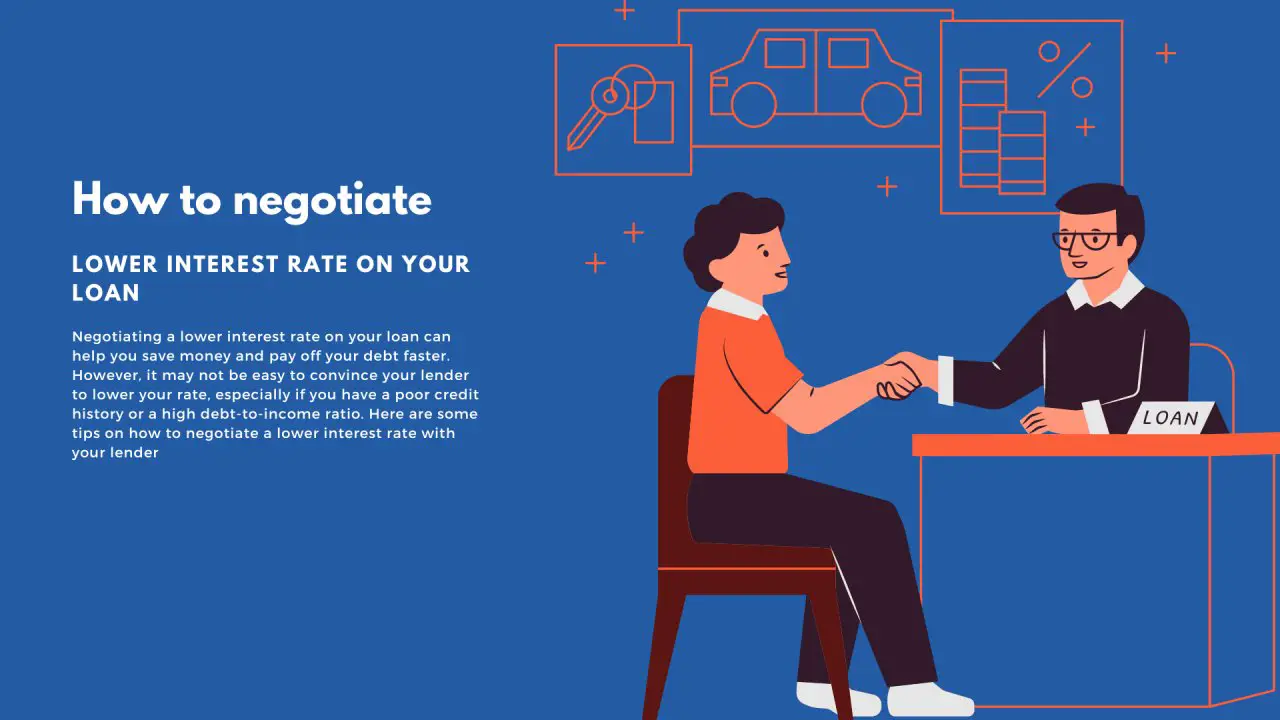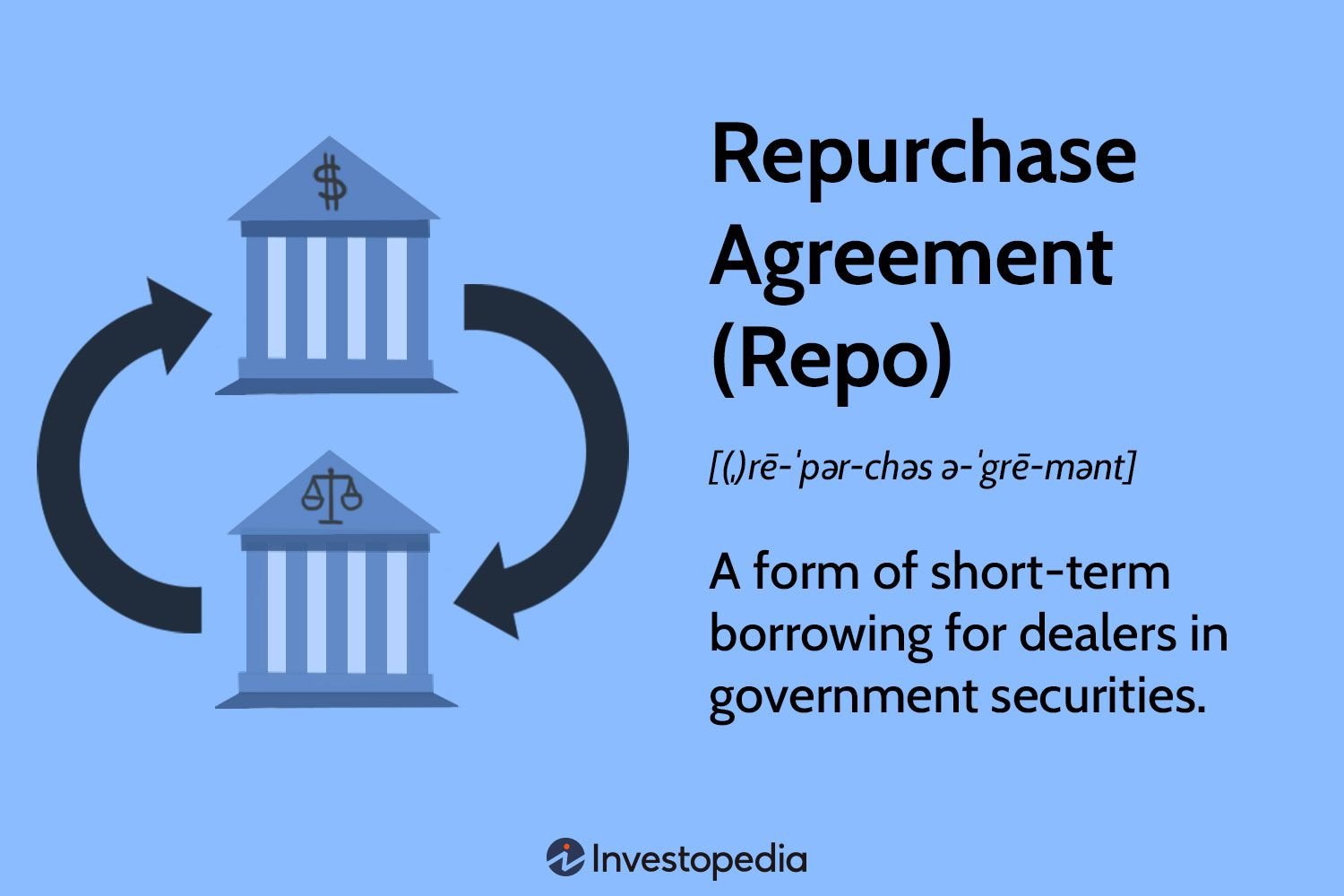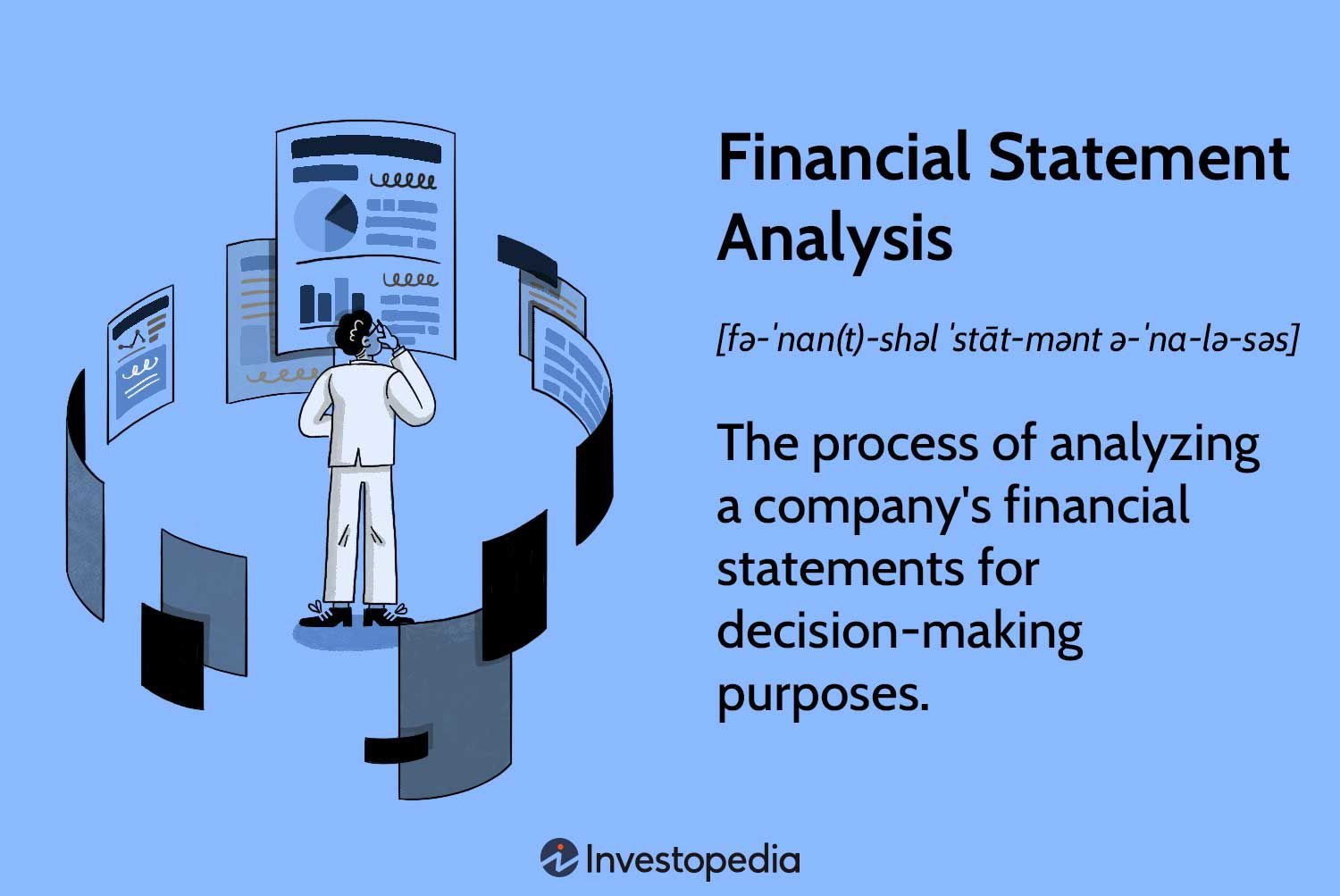Are you struggling with high interest rates on your debts? Negotiating lower rates can be the key to lightening your financial burden and gaining better control over your finances. In this article, we will explore effective strategies on how to negotiate lower interest rates on debts. By following these steps, you can potentially save thousands of dollars in interest payments and accelerate your path towards debt-free living. So, let’s dive in and discover how you can proactively take charge of your debt and secure more favorable terms.
How to Negotiate Lower Interest Rates on Debts
When it comes to managing your debts, high interest rates can be a significant burden. Paying excessive interest can make it difficult to make progress on paying off your debts and can keep you trapped in a cycle of financial stress. However, negotiating lower interest rates on your debts is possible and can provide significant relief. In this article, we will explore effective strategies and tips on how to negotiate lower interest rates on your debts.
Understanding the Importance of Lower Interest Rates
Before diving into the strategies, it’s crucial to understand why lowering your interest rates is so important:
- Cost savings: By negotiating lower interest rates, you can reduce the overall amount you need to repay, leading to substantial cost savings.
- Debt repayment progress: Lower interest rates mean a higher portion of your payments goes towards reducing the principal balance, allowing you to pay off your debts faster.
- Improved cash flow: Lower monthly interest charges mean more money in your pocket that can be allocated towards other financial goals or emergencies.
1. Evaluate Your Financial Situation
Before initiating any negotiations, take a comprehensive look at your financial situation. This step will help you understand your current standing and provide a clear picture of what you can afford. Here’s what to consider:
- Compile a list of all your debts, including their outstanding balances and interest rates.
- Analyze your income, expenses, and monthly cash flow to determine how much you can allocate towards debt repayment.
- Identify any changes in your financial circumstances that could impact your ability to make payments.
2. Research Your Options
Knowledge is power when it comes to negotiations. Research different options available to you and gather information about prevailing interest rates for similar types of debts. This will give you a solid foundation for negotiation and help you make a compelling case. Here’s what you should do:
- Research current interest rates for similar debts offered by other financial institutions or lenders.
- Compare the interest rates you are currently paying with the market rates to determine if they are relatively higher.
- Explore alternative debt consolidation options, such as balance transfer credit cards or personal loans, to potentially secure lower interest rates.
3. Contact Your Creditors
Once you have conducted thorough research and know your financial situation inside out, it’s time to contact your creditors to begin negotiations. This step requires preparation and effective communication skills. Follow these steps:
- Call your creditors: Reach out to the appropriate contact at each creditor, whether it’s a bank, credit card company, or loan servicer.
- Express your intention: Clearly communicate your desire to negotiate for lower interest rates and explain the reasons behind your request, such as financial hardship or the desire to pay off your debts more efficiently.
- Present your research: Share the findings from your research, including lower interest rates available elsewhere or changes in the market. This demonstrates that you are informed and have options.
- Highlight your commitment: Emphasize your commitment to paying off your debts and your track record of regular, timely payments.
- Negotiation: Request a lower interest rate or ask for specific terms that could help alleviate your financial burden. Be prepared to provide supporting documentation if necessary.
- Be persistent and patient: Negotiations may take time and multiple calls or emails. Stay persistent, polite, and patient throughout the process.
4. Consider Professional Help
If negotiating with your creditors seems overwhelming or you are not making progress on your own, consider seeking professional help. Debt relief agencies, credit counseling services, or financial advisors can provide guidance and negotiate on your behalf. Here are some options to consider:
- Credit counseling services: These non-profit organizations can analyze your financial situation, provide personalized advice, and negotiate with creditors on your behalf.
- Debt settlement companies: These companies negotiate with your creditors to settle your debts for a reduced amount. However, be cautious and ensure you understand the fees and potential impact on your credit score.
- Financial advisors: Seek guidance from financial professionals who can assess your overall financial health and provide strategies to manage your debts effectively.
5. Monitor and Review Your Progress
Once you have successfully negotiated lower interest rates on your debts, it is crucial to monitor and review your progress regularly. Stay committed to your repayment plan and consider the following:
- Review your statements: Regularly review your account statements to ensure that the agreed-upon lower interest rates are being applied correctly.
- Track your progress: Keep track of your debt balances and monitor how much closer you are getting to becoming debt-free.
- Make timely payments: Continue making timely payments as agreed, and avoid taking on additional debts.
- Reassess as needed: If your financial situation changes, reach out to your creditors again to discuss further adjustments to your interest rates or repayment terms.
Remember that negotiating lower interest rates on your debts can be challenging and may not always be successful. However, with proper preparation, persistence, and effective communication, you can increase your chances of securing better terms. Take action today and regain control of your finances.
How to Negotiate Your Credit Card Debt
Frequently Asked Questions
Frequently Asked Questions (FAQs)
1. How can I negotiate lower interest rates on my debts?
When negotiating lower interest rates on your debts, it’s essential to prepare yourself by gathering all the necessary information about your current financial situation and the terms of your debts. Contact your creditors and express your willingness to negotiate for lower interest rates. Highlight your positive payment history and emphasize your commitment to paying off the debt. Negotiate with confidence and explore options such as consolidation or balance transfers to secure a better interest rate.
2. What factors can influence the success of negotiating lower interest rates?
Several factors can influence the success of negotiating lower interest rates on debts. These include your credit history, payment track record, current financial situation, and the lender’s policies. Having a good credit score and a solid payment history can strengthen your negotiating position. Additionally, being proactive and persistent, as well as having a realistic proposal, can greatly increase your chances of success.
3. Should I hire a professional debt negotiator to lower interest rates?
Hiring a professional debt negotiator is an option worth considering, especially if you find the negotiation process overwhelming or if you have multiple debts to tackle. Debt negotiators have experience dealing with creditors and can help you navigate the negotiation process. However, it’s important to research and choose a reputable professional to ensure they have your best interests in mind.
4. Can I negotiate lower interest rates if I have a low credit score?
Yes, it is still possible to negotiate lower interest rates even with a low credit score. While a low credit score may make negotiations more challenging, it is not impossible. In such cases, you can focus on highlighting your ability to make regular payments and show your commitment to improving your financial situation. Exploring alternative options like secured loans or seeking the assistance of a credit counseling agency may also be beneficial.
5. Is there a specific time when negotiating lower interest rates yields better results?
There is no specific time that guarantees better results when negotiating lower interest rates. However, it can be helpful to approach negotiations when you have demonstrated responsible payment behavior for a significant period. You may also find success when you encounter financial difficulties or changes in circumstances that impact your ability to meet the current interest rates.
6. What are some alternatives if I am unable to negotiate lower interest rates?
If you are unable to negotiate lower interest rates on your debts, there are alternative options to explore. Consider transferring your balances to a credit card with a lower interest rate, consolidating your debts into a single loan, or seeking the assistance of credit counseling agencies. Each option has its own pros and cons, so it’s important to evaluate them based on your individual situation.
7. Will negotiating lower interest rates have an impact on my credit score?
Negotiating lower interest rates typically does not directly impact your credit score. However, certain actions like applying for new credit or closing old accounts as part of the negotiation process can have an indirect effect on your credit score. It’s important to be mindful of how your actions during negotiation can impact your credit and to discuss any concerns with the creditor.
8. How long does the negotiation process for lower interest rates usually take?
The duration of the negotiation process for lower interest rates can vary depending on various factors. It may take anywhere from a few days to several weeks or even months. The negotiation process involves gathering information, contacting creditors, and reaching an agreement that satisfies both parties. Patience and perseverance are essential throughout the process.
Final Thoughts
If you’re burdened with high interest rates on debts, there are strategies you can employ to negotiate lower rates. Start by researching current interest rates and familiarize yourself with your credit score. Armed with this knowledge, approach your creditors and explain your situation, emphasizing your goal of reducing your interest rates. Be prepared to negotiate by proposing a realistic and manageable repayment plan. Remember to highlight your on-time payment history and your commitment to regaining control over your finances. By being proactive and assertive, you can successfully negotiate lower interest rates on your debts.



